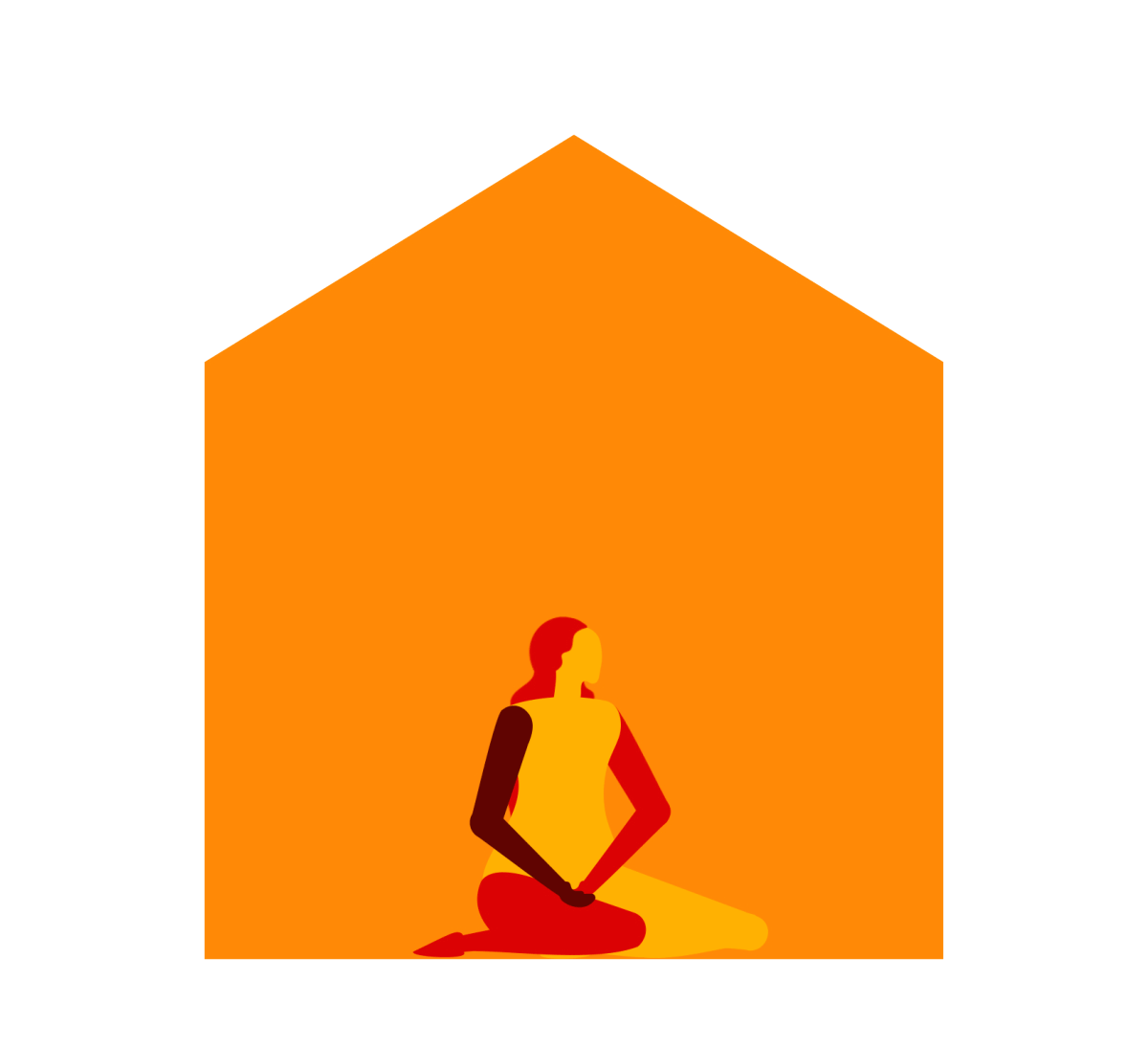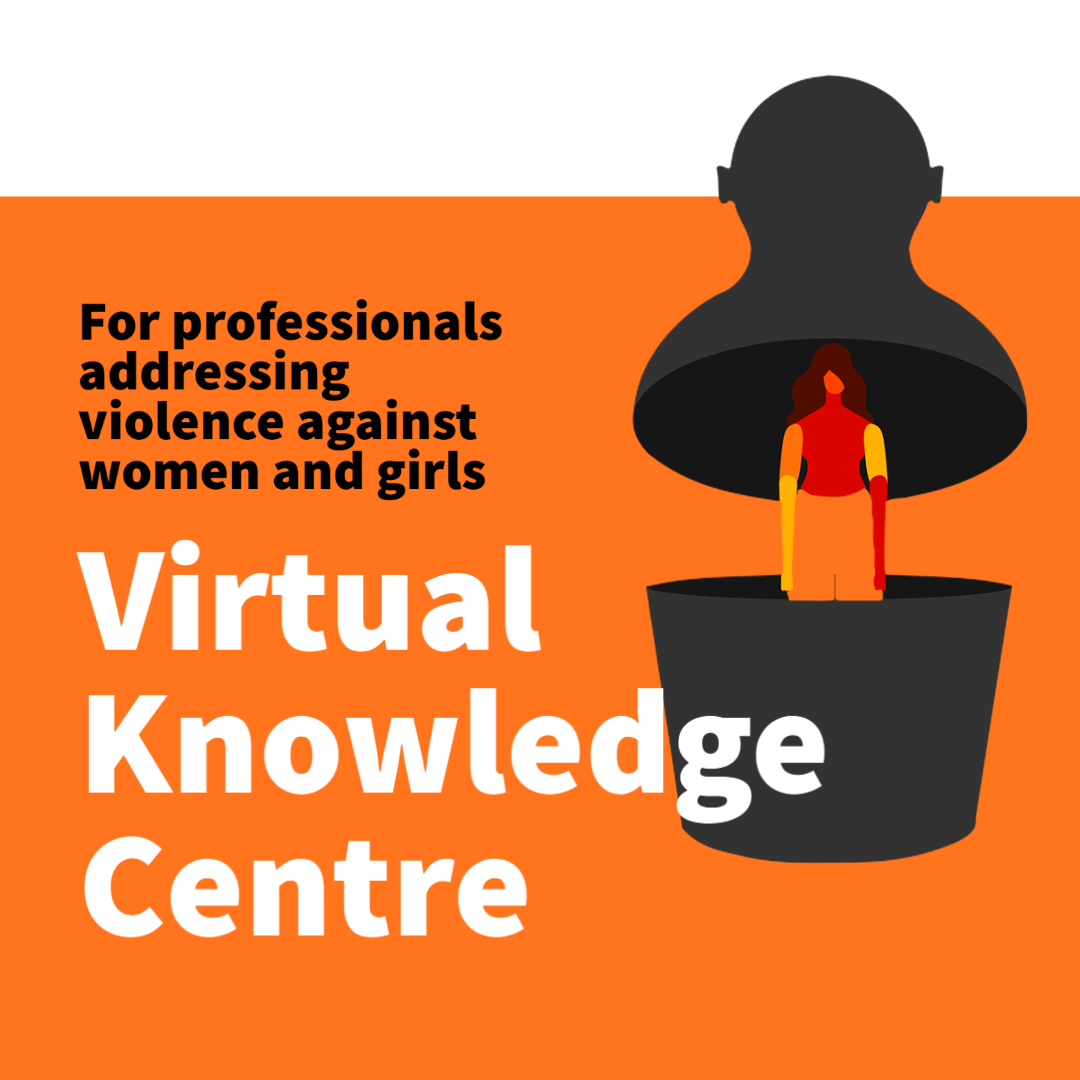happening
First Aid & more
Upcoming First Aid Classes
February 16, 2023 – Almost FULL
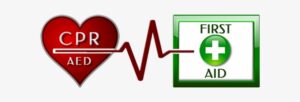
Future Classes
-
March 18, 2023 (Saturday)
-
April 17, 2023 (Monday)
-
June 10, 2023 (Saturday)
Developing Classes – Register your interest!!
Traffic Control Person Certification
Airbrakes
Counterbalanced Forklift
Foodsafe
Specialized Employment Services for Survivors of Abuse, Violence & Trauma
WorkBC Program is offering eligible job-seekers specialized employment supports and resources for those that have survived violence, abuse and trauma. If you need any technology, connectivity, or supports getting on to participate, WorkBC Princeton is open and available to serve you.

That’s Right!!! 2023 is your year to Achieve your GOALS!
|
|
|
|
We love Mel Robbins at the Skills Centre, and we hope you can take aways some of her tools & resources, we sure did!
|
A NEW YEAR~ A NEW YOU
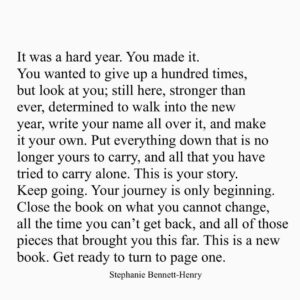
If you could… what would the title of your “next Chapter” be? If you could plan a few chapters, what would they be? If you had a chance to outline the plot… what type of characters would be imperative? Go ahead, imagine a few chapters, outline a the next chapter… and get ready to turn to page one, January 1st, 2023.
From allof us at the Skills Centre, Happy New Year!!
#hardyear
#youmadeit
#youdidntgiveup
#stillhere
#stronger
#determined
#yourstory
#newbook
#mentalhealth
#mentalhealthawareness
#mentalhealthmatters
#youarenotalone
#youareloved
#youareenough
#mentalhealthadvocate
#soproudofyou
WORK BC Holiday Closure Dates
To our valued clients, our WorkBC Centres will be closed on December 26th, 27th and January 2nd.
We look forward to assisting you with your job search needs on December 28th – 30th and in the New Year.
Happy Holidays from all of us at WorkBC!

The Joy of Giving~ Princeton Emergency Services 10th Annual Food Drive
The Princeton Emergency Services 10th Annual Food Drive is next Wednesday, December 14th with door-to-door food collection starting at 5pm!

UNiTE : 16 Days of Activism: Nov 25- Dec 10
It starts NOW~ The Princeton Skills Centre would like to acknowledge this International Campaign for the Elimination of Violence against Women. In the privacy of homes across BC, every day thousands of women in experience intimate partner violence, and domestic & sexual violence. In Princeton Cindy Parolin Safe Homes is here to provide a safe place for those experiencing violence. Call 250-295-8211 or 911 in immediate danger.
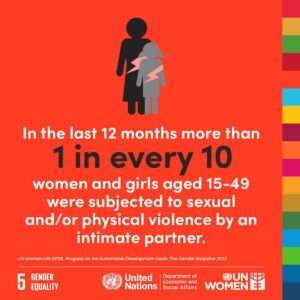
Join the movement: 16 days of activism
The International Day for the Elimination of Violence Against Women will mark the launch of the UNiTE campaign (Nov 25- Dec 10) — an initiative of 16 days of activism concluding on the day that commemorates the International Human Rights Day (10 December).
This campaign, led by the UN Secretary-General and UN Women since 2008, aims to prevent and eliminate violence against women and girls around the world, calling for global action to increase awareness, promote advocacy and create opportunities for discussion on challenges and solutions.
This years’ campaign UNITE! Activism to End Violence against Women & Girls will aim to mobilize all society to become activists for the prevention of violence against women, to stand in solidarity with women’s rights activists and to support feminist movements around the world to resist the rollback on women’s rights and calling for a world free from VAWG.
Among its activities, there is a UN official event that will take place on Wednesday, November 23 (10.00-11.30am ET.) You can follow the event on line through the UN Women Youtube channel or UN Web TV.
Join the campaign!
These 16 Days, get involved! From amplifying the voices of survivors and activists to supporting women’s organizations, we can all act to empower survivors and reduce and prevent violence against women and girls. Share our materials through your social media accounts and become an activist!.
Why we must eliminate violence against women
Violence against women and girls (VAWG) is one of the most widespread, persistent and devastating human rights violations in our world today remains largely unreported due to the impunity, silence, stigma and shame surrounding it.
In general terms, it manifests itself in physical, sexual and psychological forms, encompassing:
- intimate partner violence (battering, psychological abuse, marital rape, femicide);
- sexual violence and harassment (rape, forced sexual acts, unwanted sexual advances, child sexual abuse, forced marriage, street harassment, stalking, cyber- harassment);
- human trafficking (slavery, sexual exploitation);
- female genital mutilation; and
- child marriage.
To further clarify, the Declaration on the Elimination of Violence Against Women issued by the UN General Assembly in 1993, defines violence against women as “any act of gender-based violence that results in, or is likely to result in, physical, sexual or psychological harm or suffering to women, including threats of such acts, coercion or arbitrary deprivation of liberty, whether occurring in public or in private life.”
The adverse psychological, sexual and reproductive health consequences of VAWG affect women at all stages of their life. For example, early-set educational disadvantages not only represent the primary obstacle to universal schooling and the right to education for girls; down the line they are also to blame for restricting access to higher education and even translate into limited opportunities for women in the labour market.
While gender-based violence can happen to anyone, anywhere, some women and girls are particularly vulnerable – for instance, young girls and older women, women who identify as lesbian, bisexual, transgender or intersex, migrants and refugees, indigenous women and ethnic minorities, or women and girls living with HIV and disabilities, and those living through humanitarian crises.
Violence against women continues to be an obstacle to achieving equality, development, peace as well as to the fulfillment of women and girls’ human rights. All in all, the promise of the Sustainable Development Goals (SDGs) – to leave no one behind – cannot be fulfilled without putting an end to violence against women and girls.
Virtual knowledge centre
Virtual knowledge centre to end violence against women.
A is for “Adaptability” The Skills for Success!
Over the next few weeks, (9 to be exact) we will focus on the 9 essential skills needed in an agile, and robust economy. You can check them all out here: Skills for Success
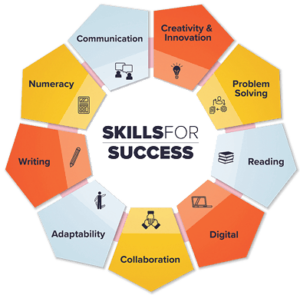
Skills for Success are a set of foundational and transferable skills needed to participate and thrive in learning, work, and life. A series of videos has been developed to:
- help explain each of the 9 Skills for Success
- show how each skill can be used in the workplace, and
- identify the benefits of developing these skills
Importance of the skills
Skills for Success are the skills needed to participate and thrive in learning, work and life.
Skills for Success include skills that are foundational for building other skills and knowledge and important for effective social interaction. These skills overlap and interact with each other, and with other technical and life skills. They are inclusive and can be adapted to different contexts.
Skills for Success are for everyone – employers, workers, training providers, governments, and communities.
This week we start with:
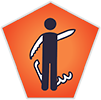
Adaptability

Adaptability
Your ability to achieve or adjust goals and behaviours when expected or unexpected change occurs, by planning, staying focused, persisting, and overcoming setbacks. For example, we use this skill to change work plans to meet new deadlines, learn how to work with new tools and improve our skills through feedback.
Why this skill is important
Major changes in society are affecting how you work, live, and learn and require you to constantly adapt to change. Strong adaptability skills will help you deal effectively with change and to learn new skills and behaviours when needed, stay focused on your responsibilities and goals, and not give up when situations are difficult. They will help you stay positive and manage the stress that can come from change in the workplace, community, and your life at home.
Improve your adaptability skills
Research reports
Research report to support the launch of Skills for Success: Structure, evidence, and recommendations: Final report (2021)
This SRDC report supports the launch and roll-out of Skills for Success by providing detailed definitions and components of each skill. In addition, the report provides recommendations to support the implementation and roll-out of the new model.
A Comprehensive Review and Development of Measurement Options for Essential Skills Initiatives Phase 4 Report – Final Report (2019)
Options for assessing the results of essential skill initiatives. The report details a strategy for performance measurement.
Literacy and Essential Skills for Poverty Reduction (2019)
The effects of literacy skills on economic well-being and social inclusion. It explores ways in which literacy can help people to make better decisions in health, finances, technology, and navigating institutions that govern their lives.
Community Futures Visits WorkBC to Celebrate Disbility Month!
We were thrilled to host Community Futures Okanagan Similkameen in Princeton, British Columbia last week in honour of #disabilityemploymentawarenessmonth. GM Charles Cornell and Training Manager Nicole Clark travelled from Penticton and were joined by #entrepreneurswithdisabilities expert Manuel Olguin travelling from Merritt to chat with Princeton entrepreneurs at the Princeton & District Community Skills Centre. We are looking forward to our next visit in the very near future!
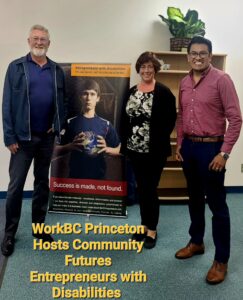
Hours
Monday to Friday
8:30 a.m. to 4:30 p.m.


